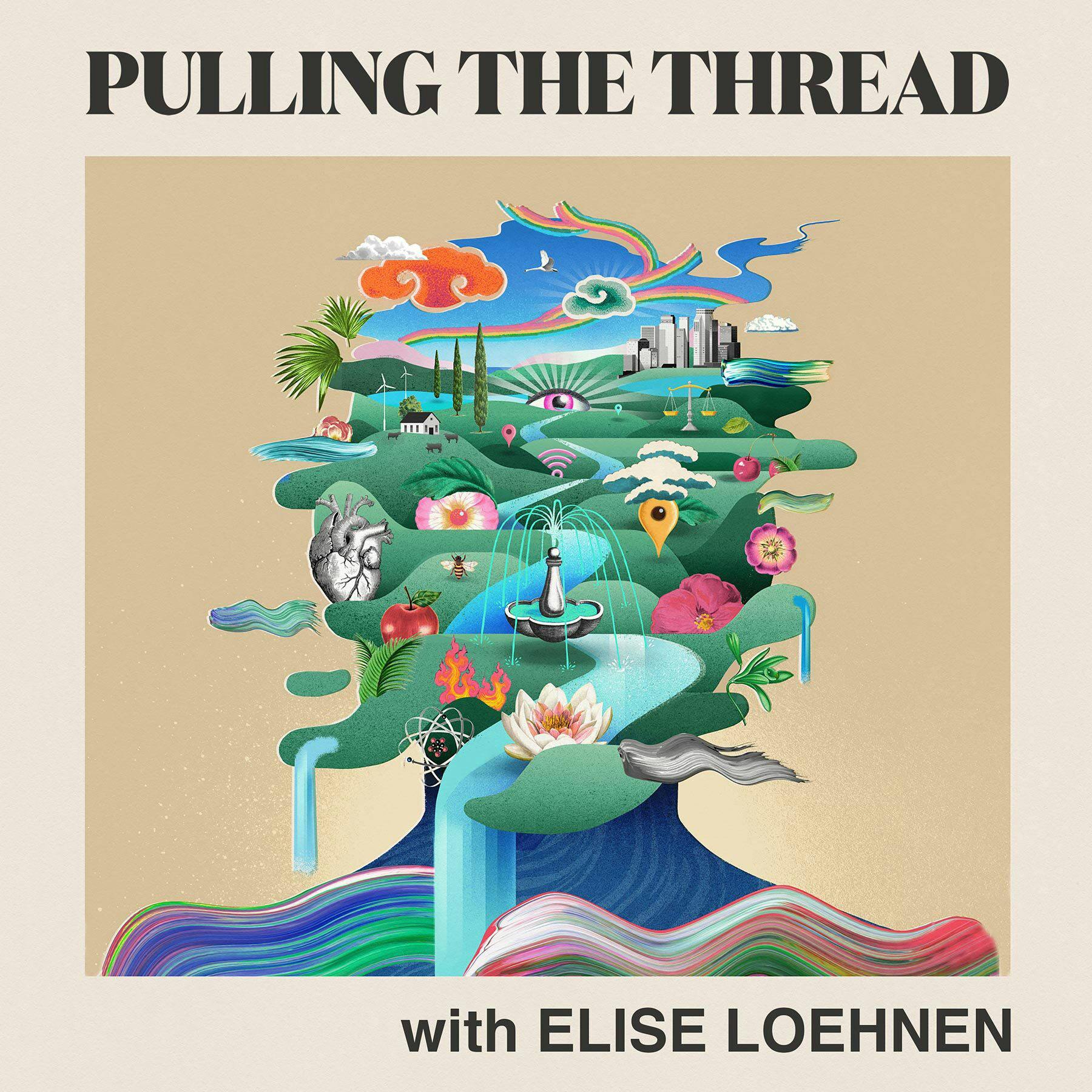The Power of Visual Thinkers (Temple Grandin, PhD)
Description
“The thing is the type of thinking where you can figure out how mechanical things work. It’s a different kind of intelligence. And I think it's hard for verbal thinkers to understand. And they kind of will look at the shop kids as a dumb kids. Now, fortunately, some states are starting to put it back in. We're having more and more infrastructure things falling apart, like this latest disaster with the water works breaking—you see, a visual thinker can see how it works and how to fix it. And you keep deferring maintenance. I mean, we got wires falling off of electric towers in California and starting fires because they deferred maintenance, but we need all of the different kinds of thinkers. And the first step is realizing that they exist and they need to work together as teams.” So says Dr. Temple Grandin, a New York Times bestselling author, celebrated animal welfare advocate, and one of the world’s most prominent speakers on autism. Temple first came into the public consciousness with her memoir, Thinking in Pictures: My Life with Autism, which provided her unique inside narrative and revolutionized how the world understood autistic individuals. Her latest book, Visual Thinking: The Hidden Gifts of People Who Think in Pictures, Patterns, and Abstractions, works to expand our awareness of the different ways our brains are wired even further as she draws upon cutting edge research to demystify the brains of visual thinkers.
Our world is geared for verbal thinkers, she tells us, with rigid academic and social expectations sidelining visual thinkers at school and in the workplace—to the detriment of productivity and innovation everywhere. In our conversation, Temple takes us through the three different types of thinkers, and argues that changing our approach to educating, parenting, and employing visual thinkers has great potential to encourage, rather than stifle, their singular gifts and unique contributions. As the number of children diagnosed with autism continues to rise nationally, her call to foster “differently-abled” brains is more important than ever—as she so eloquently says, we need all kinds of minds to solve today’s most difficult problems.
EPISODE HIGHLIGHTS:
Three kinds of thinkers…
Neurodiversity is essential for our survival…
Avoiding label lock…
MORE FROM TEMPLE GRANDIN:
Visual Thinking: The Hidden Gifts of People Who Think in Pictures, Patterns, and Abstractions
Emergence: Labeled Autistic
The Autistic Brain: Helping Different Kinds of Minds Succeed
Thinking in Pictures: My Life with Autism (Expanded Edition)
Visit Temple's Website
To learn more about listener data and our privacy practices visit: https://www.audacyinc.com/privacy-policy
Learn more about your ad choices. Visit https://podcastchoices.com/adchoices
More Episodes
Everything Richard Christiansen creates is incredibly beautiful and special. Christiansen is the founder of Flamingo Estate and the author of the new book, The Guide to Becoming Alive. He’s also a dear friend of mine. I loved chatting with him about how he moves so fast, what can spark momentum...
Published 11/14/24
Published 11/07/24
Spiritual teacher Thomas Hübl, PhD, returns for a deeper exploration of shadow. We talk about our instinct to disown what feels dark or evil, and how tightly we claim the side of what’s good, clean, pure. But Hübl also paints a beautiful alternative: a gentle integration that allows us to...
Published 11/07/24


